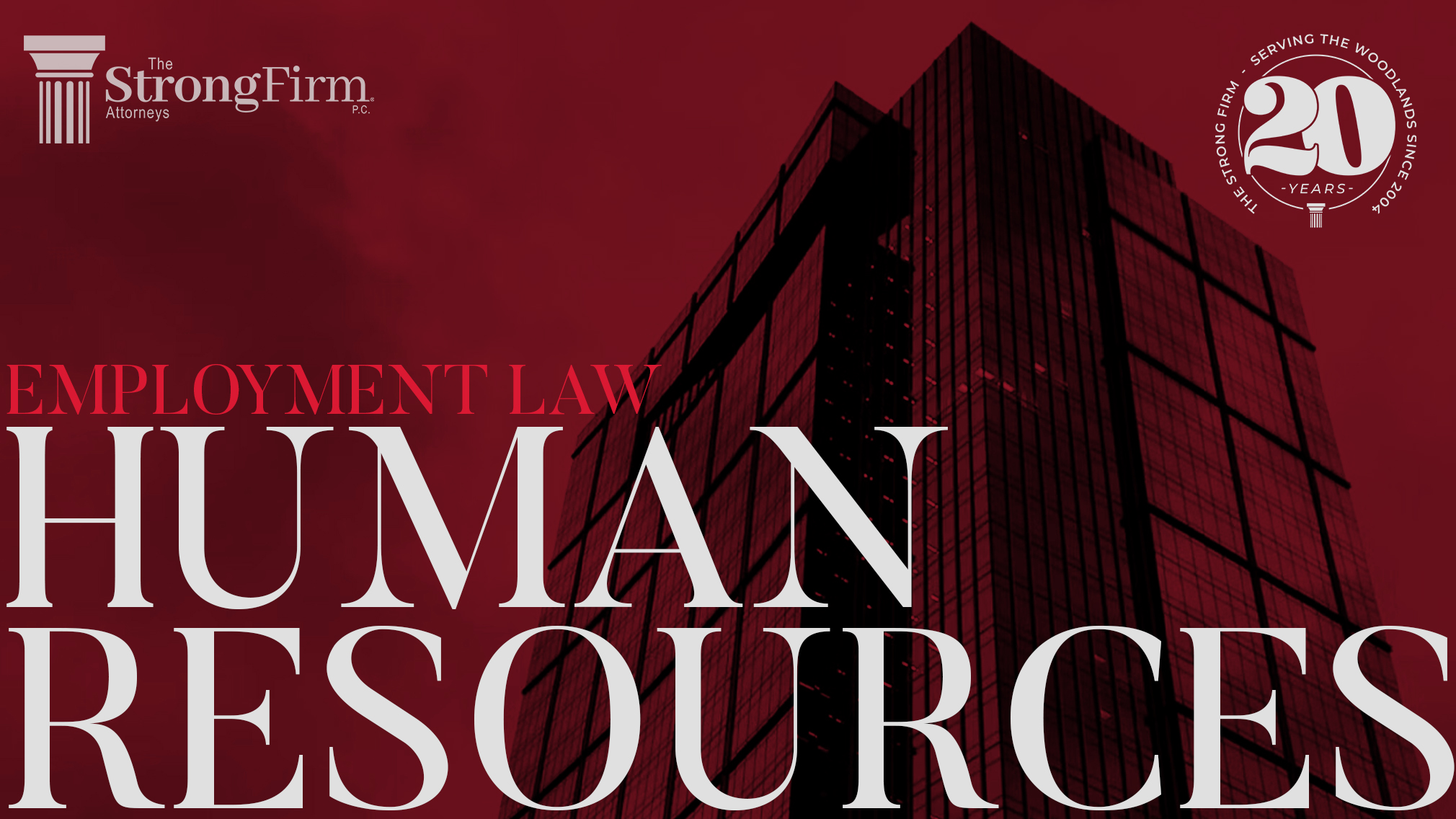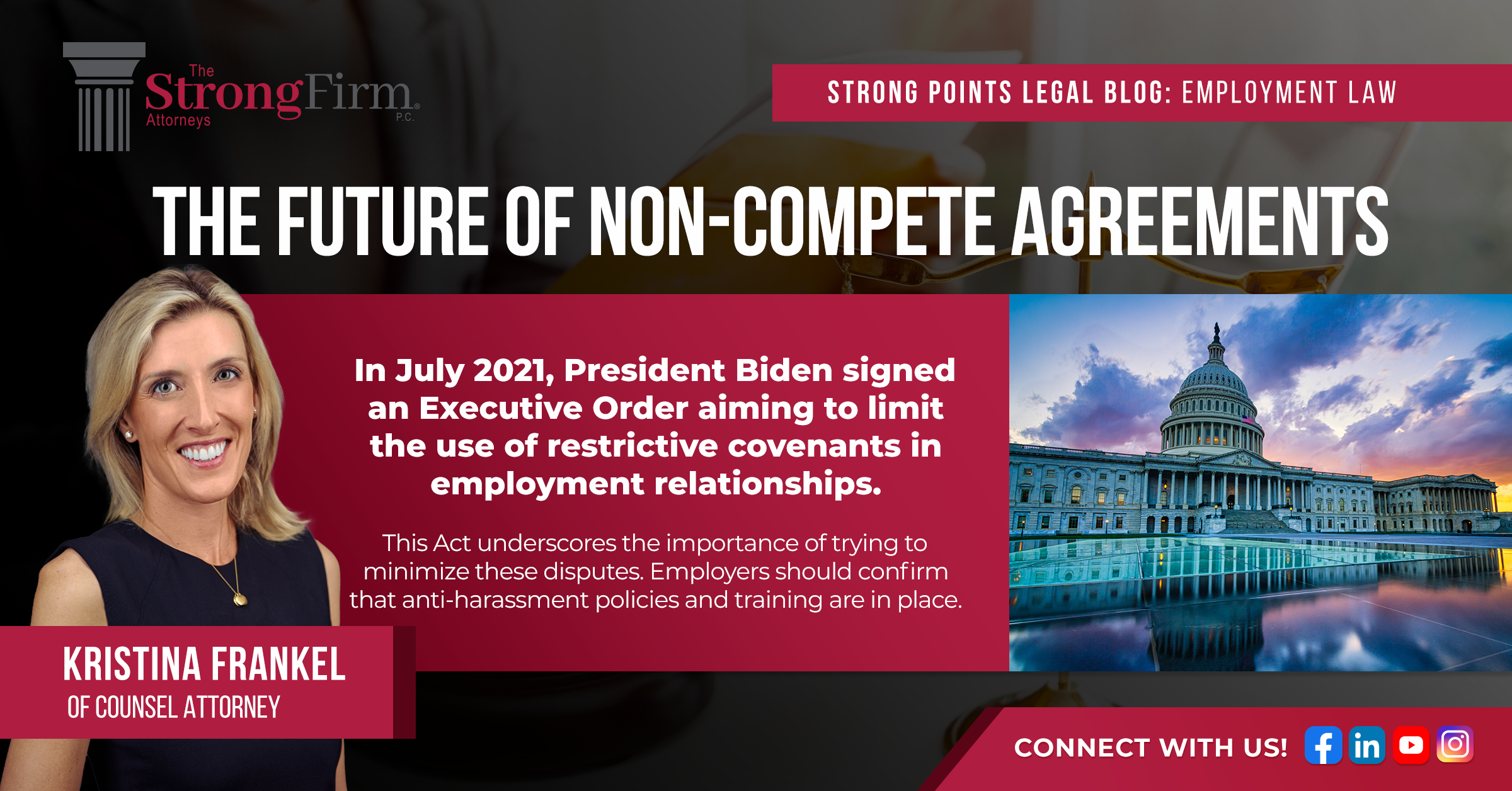At the time of the American’s with Disabilities Act (ADA) passage in 1990, no one could contemplate the volume of commerce that would eventually be conducted online. For most people, Title III of the ADA brings to mind things like lack of wheelchair access, acceptance of service animals, and accommodations for individuals with hearing and visual impairments. Since 2015, there has been a dramatic uptick in claims and lawsuits filed against businesses of all sizes alleging inaccessible websites. Businesses targeted include banks, restaurants, professional services, and retail chains, and business owners who use the Internet to provide access to goods and services should take steps to get ahead of the issue.
In 2010, the Department of Justice announced that it would issue new regulations under Title III to address website accessibility. Currently, the act is silent on the issue of online accommodation, but this is likely to change in 2018 when the DOJ has indicated it will issue final regulations. Businesses are without a set of clear regulatory standards, and Courts are currently split on the question of when the ADA obligations extend to a business’s website. This uncertainty has not deterred parties seeking to bring website accessibility suits. The DOJ would mitigate this uncertainty by adopting clear regulations, but the ever changing technological landscape means that more time and effort are needed before a final rule can be expected.
Finalization of Title III regulations is still a way off, but this has not stopped plaintiffs from making demands and suing in the meantime. Now is the time for business owners to think about what changes, if any, should be made to their websites to ensure ADA compliance. Businesses who use their website to offer goods and services to the public, or that require applicants to apply for employment online should look at ways to make accessing their website easier for users who may be disabled.
Fortunately for business owners, Title III limits liability to injunctive relief and attorney’s fees for prevailing parties, and the DOJ has generally given businesses the opportunity to implement changes incrementally over an extended period of time. It is still a smart risk management decision to look at ways to eliminate barriers to online access. Business owners should consider working with their website designers or a technical expert who specializes in creating and maintaining accessible websites. Businesses should also consider ways to respond if they receive a customer complaint about the accessibility of their site.




























